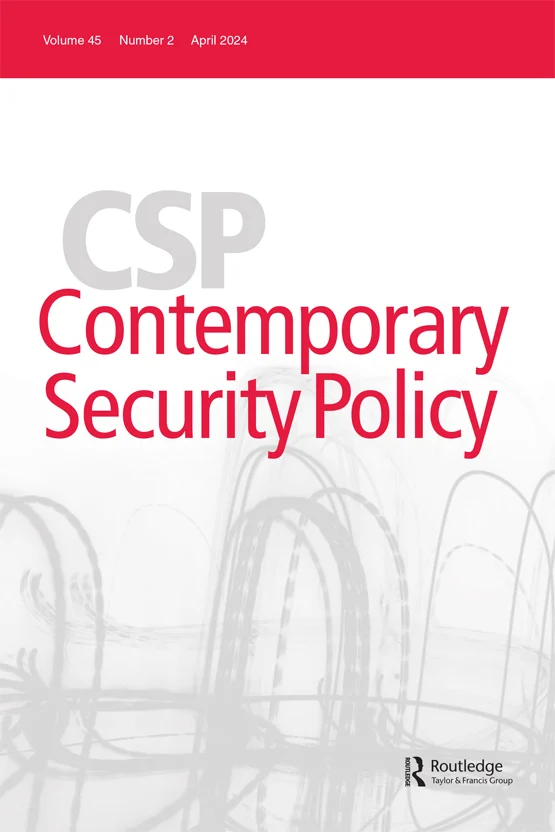尽一切必要的手段?新兴大国和在维和行动中使用武力
IF 5
1区 社会学
Q1 INTERNATIONAL RELATIONS
引用次数: 8
摘要
来自全球南方的新兴大国普遍反对在国际政治中使用武力。然而,仔细观察国际社会对国际不安全最制度化的反应——维持和平领域,很明显,全球南方国家一直在积极参与所谓的维持和平的强制性转向:越来越多地使用武力。基于巴西和印度尼西亚的案例,我们认为这些新兴大国的维和政策与他们宣称的不使用武力是不一致的。我们通过参考民事和军事行为者之间的知识失衡、维和专业知识和参与决策的差距来解释这种不一致,这使得武装部队将两国推向越来越强制性的维和行动。此外,军民知识的不平衡阻碍了更符合巴西和印度尼西亚在使用武力问题上的传统立场的替代想法的出现。本文章由计算机程序翻译,如有差异,请以英文原文为准。
By all necessary means? Emerging powers and the use of force in peacekeeping
ABSTRACT Emerging powers from the global south have generally opposed the use of force in international politics. However, taking a closer look at the area of peacekeeping, the international community’s most institutionalized response to international insecurity, it is clear that the global south has been actively engaged in what has been described as peacekeeping’s coercive turn: the increasingly greater use of force. Building on the cases of Brazil and Indonesia, we argue that the peacekeeping policies of these emerging powers have been inconsistent with their declared reticence to use force. We explain the inconsistency by reference to knowledge imbalances between civilian and military actors, a gap in peacekeeping expertise and involvement in policy-making that allowed the armed forces to push the two countries into increasingly coercive peacekeeping. Moreover, civil–military knowledge imbalances prevented the emergence of alternative ideas more in line with Brazil’s and Indonesia’s traditional stance on the use of force.
求助全文
通过发布文献求助,成功后即可免费获取论文全文。
去求助
来源期刊

Contemporary Security Policy
Multiple-
CiteScore
14.60
自引率
6.80%
发文量
22
期刊介绍:
One of the oldest peer-reviewed journals in international conflict and security, Contemporary Security Policy promotes theoretically-based research on policy problems of armed conflict, intervention and conflict resolution. Since it first appeared in 1980, CSP has established its unique place as a meeting ground for research at the nexus of theory and policy.
Spanning the gap between academic and policy approaches, CSP offers policy analysts a place to pursue fundamental issues, and academic writers a venue for addressing policy. Major fields of concern include:
War and armed conflict
Peacekeeping
Conflict resolution
Arms control and disarmament
Defense policy
Strategic culture
International institutions.
CSP is committed to a broad range of intellectual perspectives. Articles promote new analytical approaches, iconoclastic interpretations and previously overlooked perspectives. Its pages encourage novel contributions and outlooks, not particular methodologies or policy goals. Its geographical scope is worldwide and includes security challenges in Europe, Africa, the Middle-East and Asia. Authors are encouraged to examine established priorities in innovative ways and to apply traditional methods to new problems.
 求助内容:
求助内容: 应助结果提醒方式:
应助结果提醒方式:


